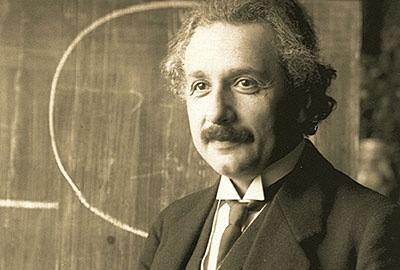 2022-05-09
2022-05-09
Spotlight: Napoleon Bonaparte
- ArticlesandContent.com (CIRCA 2005)
- /
- Oct 8, 2021 (written 2005)
The rise of Napoleon Bonaparte is studied with interest today, and he is considered to be the greatest military genius of all-time.
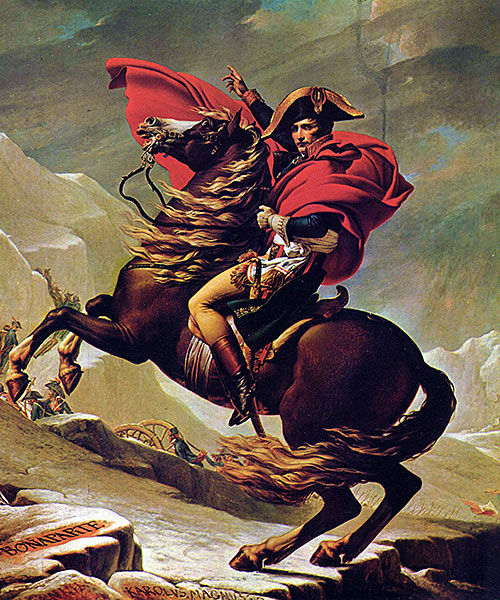
Napoleon’s biography shows a man who wore many hats and occupied the most influential positions in the world during his time. He was the leading general during the French Revolution, was Ruler of France as its First Consul, and gained the title of Emperor of France and King of Italy. In addition to Napoleon’s many military innovations which are still studied in military schools today, he also established his own code of law, the Napoleonic code, which is the basis of modern France today. The rise of Napoleon Bonaparte and his fall were equally sudden. However, he escaped exile for one last military campaign which he lost to Wellington at Waterloo in 1815.
General Bonaparte
The biography of Napoleon Bonaparte begins in Italy in 1769. Few realize that this French icon was actually Corsican, and he spoke French with a very heavy Italian accent and never learned to spell words in his adopted language properly. Although he would never win a French spelling bee, Napoleon’s talents in other areas were immediately recognized. His heroism as general during the French revolution was widely recognized, and he claimed to clear the streets of Paris with just a “whiff of grapeshot.”
“Great ambition is the passion of a great character. Those endowed with it may perform very good or very bad acts. All depends on the principles which direct them.”
Napoleon the First Consul
With the conclusion of the French revolution, the rise of Napoleon Bonaparte as the First Consul of France was greeted with optimism throughout the country as the monarchy was deposed. Napoleon centralized agencies, such as the post office, and wrote the Napoleonic code which is the basis of French government. During this time, he continued military campaigns in Egypt and Italy, which he managed to rule. He conquered territories which today are Syria and Israel. With these victories, Napoleon’s biography continued as he became Emperor of France.
Napoleon’s Downfall
Surprisingly, Napoleon’s luck began to turn when he lost Haiti to charismatic leader Touissant L’Overture. To cover his debts, he sold Louisiana to the United States Government. In 1812, Napoleon began his disastrous invasion of Russia which led to devastating French casualties. This was the beginning of Napoleon’s downfall which ended when the Sixth Coalition invaded France in 1814 and drove him from the throne. Napoleon, however, would not withstand exile in Elba, and escaped to raise an army. While some thought it would be the second rise of Napoleon, Napoleon was defeated by General Wellington at the Battle of Waterloo in 1815. He was exiled to St. Helena where he died.
More From People
 2022-05-09
2022-05-09
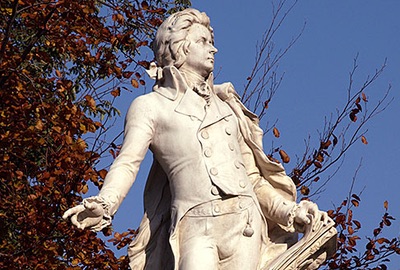 2022-05-09
2022-05-09
Spotlight: Mozart Child Prodigy
 2022-05-09
2022-05-09
Spotlight: Marco Polo A Great Venetian Explorer
 2022-05-09
2022-05-09
Spotlight: Erik the Red
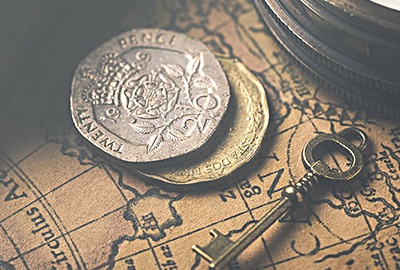 2022-05-09
2022-05-09
Spotlight: Leif Erickson
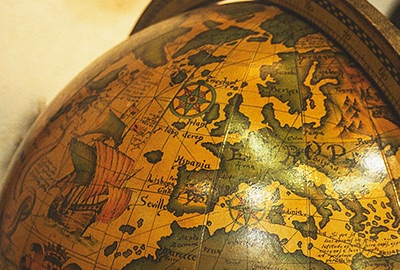 2022-05-09
2022-05-09
Spotlight: Ferdinand Magellan
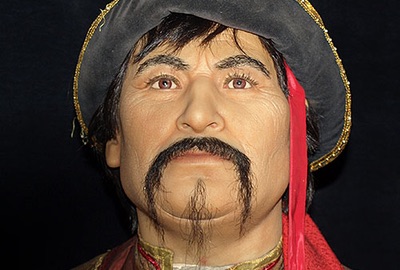 2022-05-09
2022-05-09
Spotlight: Genghis Khan
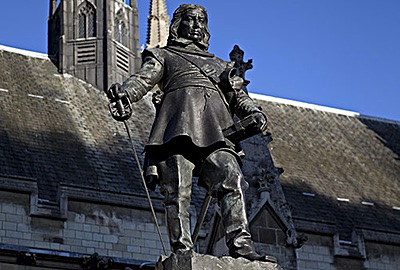 2022-05-09
2022-05-09
Spotlight: Oliver Cromwell
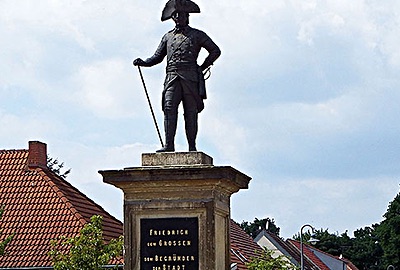 2022-05-09
2022-05-09